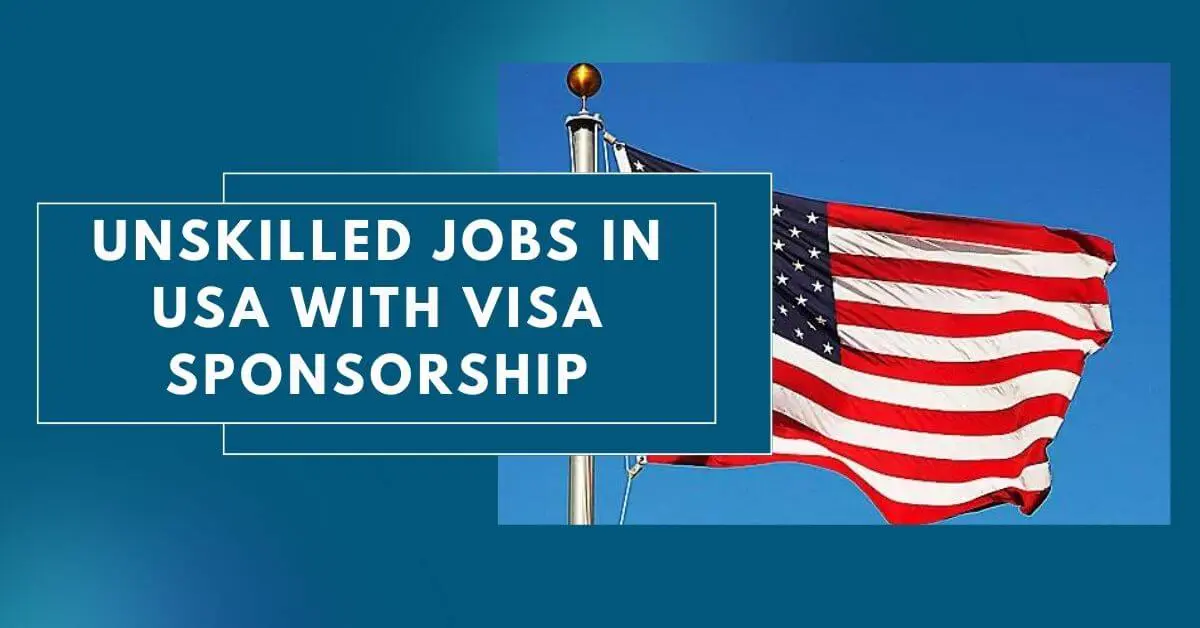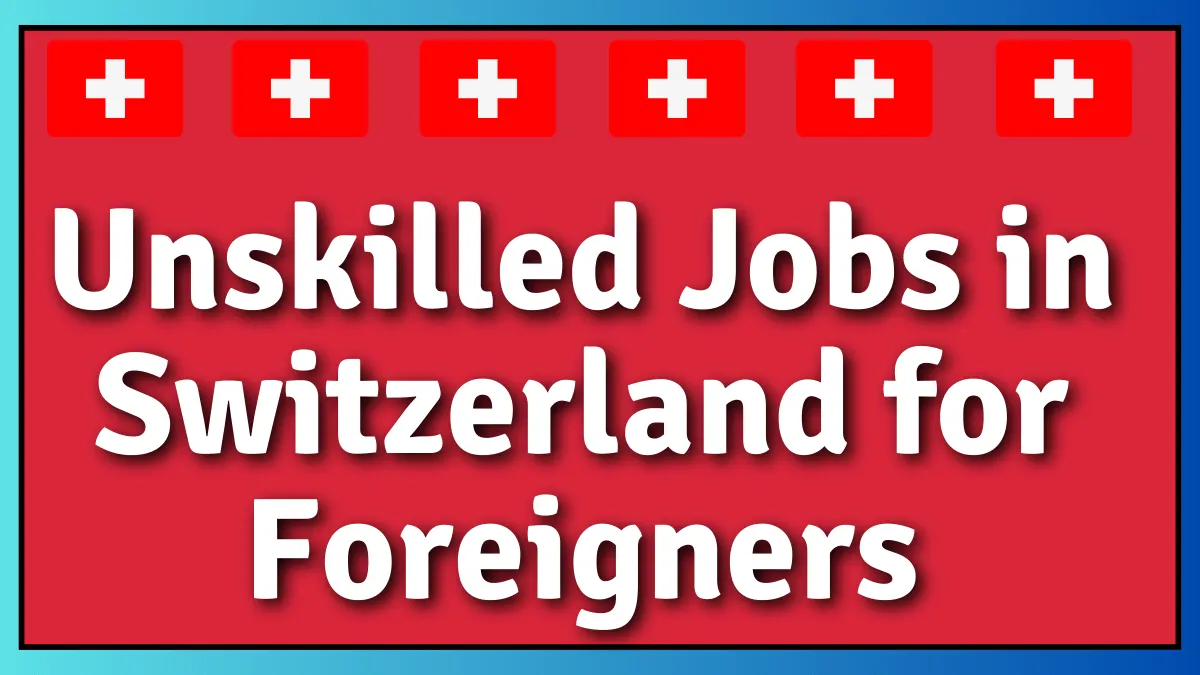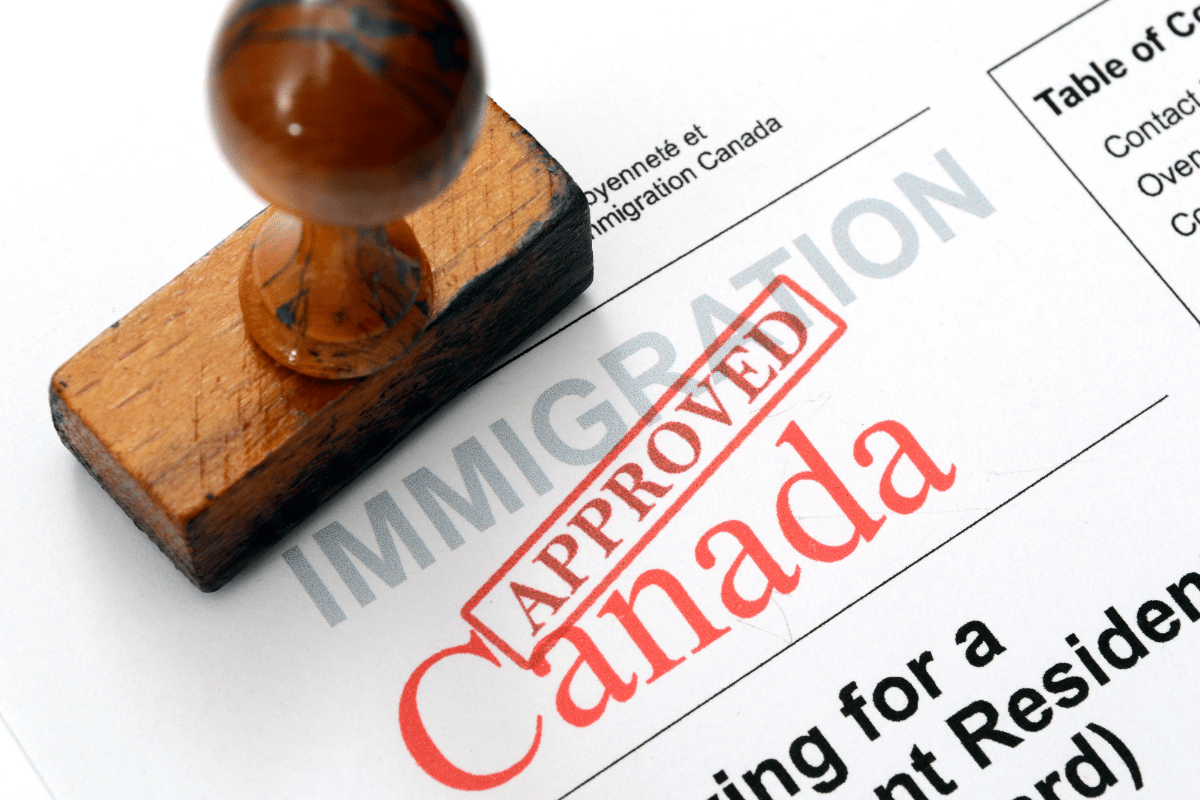France is a sought-after destination for many immigrants looking for new job opportunities and a fresh start. The country is known for its rich culture, diverse lifestyle, and robust economy. Individuals seeking employment in France can explore various visa options that allow them to work legally while contributing to the economy.
There are many in-demand jobs available across several sectors, particularly in fields like healthcare, technology, and construction. Immigrants can benefit from multiple resources and support systems designed to help them navigate the complexities of obtaining a work visa and settling into their new roles in France.
Understanding the requirements and processes for securing a visa not only aids immigrants in their job search but also ensures a smoother transition into French society. The journey of finding a job and establishing a new life in a different country can be challenging, but the right information and guidance can make it much easier.
Understanding France’s Immigration Policies
France’s immigration policies are designed to manage the flow of people entering the country. They focus on balancing the need for skilled labor with security and social integration concerns.
The legal framework is complex and aims to uphold human rights. Some key elements include:
- Visa Types: Various visas exist for students, workers, and family reunification. Each type has specific requirements.
- Asylum Seekers: France provides support for those seeking asylum, ensuring humanitarian assistance.
- Pathway to Citizenship: Immigrants can eventually apply for citizenship if they meet certain criteria, like language proficiency and residence duration.
In 2024, a new law introduced streamlined procedures. This law includes:
- Simplified Visa Processes: Designed to speed up application times.
- Enhanced Integration Programs: Aimed at helping immigrants adapt to life in France.
- Stricter Border Controls: Implemented to reinforce national security.
France’s immigration policies reflect its commitment to attracting talent while addressing various social needs. By fostering skilled labor and supporting asylum seekers, the country navigates the complexities of immigration effectively.
For further details on the new law, visit Understanding the New French Immigration Law.
Visa Requirements for Immigrants
Immigrants looking to work or study in France need to understand the various visa options available. Each visa type has specific requirements and serves distinct purposes. Here is a detailed look at the key visa categories for immigrants.
Short-Stay Visas
A Short-Stay Visa, also known as a Schengen Visa, allows immigrants to remain in France for up to 90 days within a 180-day period. This visa is suitable for tourism, business trips, or brief studies.
To apply, one must provide a valid passport, travel insurance, and proof of accommodation. It is also necessary to show evidence of sufficient funds to cover their stay. Applicants must submit their application through a French consulate or embassy in their home country.
Long-Stay Visas
Long-Stay Visas are for immigrants planning to stay in France for more than 90 days. This includes work, study, or family reunification. The duration of stay can vary between four months to one year.
Applicants need to submit several documents, including a valid passport, proof of residence in France, and any relevant application forms. Additional requirements may include proof of employment or enrolment in an educational institution.
Work Visas and Permits
Work visas are essential for immigrants seeking employment in France. The most common work visa is the Employment Visa, which requires a job offer from a French employer.
The employer must obtain a work permit, showing that no local candidates are available for the position. Applicants must provide their passport, job contract, and proof of qualifications. There are various types of work permits depending on the job sector and duration.
Student Visas
Student Visas are available for immigrants intending to study at French educational institutions. To qualify, the applicant must be accepted into a recognized school or university.
Required documents include proof of enrolment, a valid passport, and financial means to support living expenses during the study period. Health insurance is also mandatory for students. The visa allows for part-time work under certain conditions.
Family Reunification Visas
Family Reunification Visas enable immigrants to bring close family members to France. Eligibility typically includes spouses, children, and sometimes other relatives.
Applicants must demonstrate that they have stable income and adequate housing for their family. Required documents include marriage certificates, proof of kinship, and financial resources. The process can vary depending on the family member’s nationality and residency status.
Job Market Overview in France
The job market in France presents unique opportunities and challenges for immigrants. It features diverse industries and requires specific skills. Understanding these elements is crucial for job seekers aiming to secure employment.
Popular Industries for Employment
France has several key industries where immigrants can find job opportunities. The technology sector is rapidly growing, with many firms looking for skilled workers in software development and IT services.
The tourism and hospitality industry also offers numerous jobs, especially in cities like Paris and Nice. Roles range from hotel management to tour guides.
Additionally, the healthcare sector is important, with a high demand for nurses, doctors, and caregivers. Manufacturing and aerospace are significant as well, contributing to the economy and requiring skilled labor.
Job Searching in France
Searching for a job in France can be a structured process. Utilizing French job search websites is highly recommended. Websites such as Pôle Emploi and Apec provide valuable listings.
Networking is also essential. Attending career fairs and utilizing social media platforms like LinkedIn can help build connections.
When applying, a French-style CV is important. This format differs from other countries, focusing on concise information and layout. Crafting a tailored cover letter for each application is equally important to stand out in the competitive market.
Skills in Demand
Several skills are in high demand across different sectors in France. Digital literacy is crucial, especially in tech and marketing roles. Knowledge of various programming languages can significantly increase job prospects.
Language proficiency is also important, particularly in French and English. Many companies prefer candidates who can communicate effectively in both languages.
Soft skills like adaptability, teamwork, and communication are essential as well. Employers value candidates who can integrate well into diverse teams and adapt to changing work environments.
Application Process for Work in France
Navigating the application process for jobs in France requires attention to detail in both the CV and cover letter, as well as understanding the local interviewing customs. These elements are crucial for making a positive impression on potential employers.
CV and Cover Letter Tips
When creating a CV for the French job market, it’s essential to follow a clear structure. Begin with personal information, including name, address, and contact details. List education and work experience in reverse chronological order, highlighting relevant skills.
Key Elements:
- Length: Keep it to one page unless extensive experience warrants two.
- Language: If applying for an English-speaking job, a CV in English is acceptable. For French positions, provide a French version.
- Customization: Tailor the CV for each job application, using keywords from the job description.
For the cover letter, maintain a formal tone. Start with a polite greeting and specify the position being applied for. Summarize qualifications and express interest in the role. Conclude with a call to action, inviting the employer to discuss the application further.
Interviewing in France
Interviews in France typically emphasize the candidate’s skills and compatibility with company culture. Preparation is crucial. Candidates should research the company and its values before the interview.
Tips for Success:
- Punctuality: Arrive on time to show respect for the interviewer’s schedule.
- Dress Code: Adopt a business formal attire, as first impressions matter significantly.
- Answering Questions: Be clear and analytical in responses. It’s common to be asked about past experiences and how they relate to the position.
Engaging with the interviewer is also important. Candidates should ask questions about the company and the work environment to demonstrate interest. Ending the interview with a polite thank you is always appreciated.
Living in France as an Immigrant
Living in France presents both challenges and opportunities for immigrants. Understanding the practical aspects of accommodation, cultural adaptation, and legal rights is essential for a smooth transition.
Accommodation
Finding suitable accommodation is often the first task an immigrant faces in France. Options vary from apartments to shared housing. Majors cities like Paris, Lyon, and Marseille have diverse housing opportunities.
When searching for a place, consider factors like location, budget, and size. Websites like LeBonCoin and SeLoger are helpful tools for finding rentals.
It is important to review rental agreements carefully. An immigrant may need to provide proof of income, a guarantor, or even sign a lease in French. Understanding these requirements can smooth the moving process.
Cultural Adaptation
Adapting to French culture can take time. The local customs, food, and social norms may differ significantly from those in their home country.
Language plays a crucial role in cultural integration. Enrolling in French language courses can help. Many community centers and online platforms, like Duolingo, offer resources for learning.
Participating in local events can also aid in cultural adaptation. Engaging with neighbors and joining clubs can help immigrants build connections and understand cultural norms more deeply.
Legal Rights and Obligations
Immigrants in France have specific legal rights and obligations. They are entitled to fair treatment under the law and can access services like healthcare and education, depending on their visa status.
It is vital to know the immigration regulations that apply. For instance, many may seek permanent residency after five years, allowing them to live and work without restrictions.
Keeping documents up to date is essential to avoid legal issues. Regularly checking with local authorities ensures compliance with housing, work, and residency laws.
Being informed about rights can empower immigrants, helping them navigate their new lives in France effectively.


